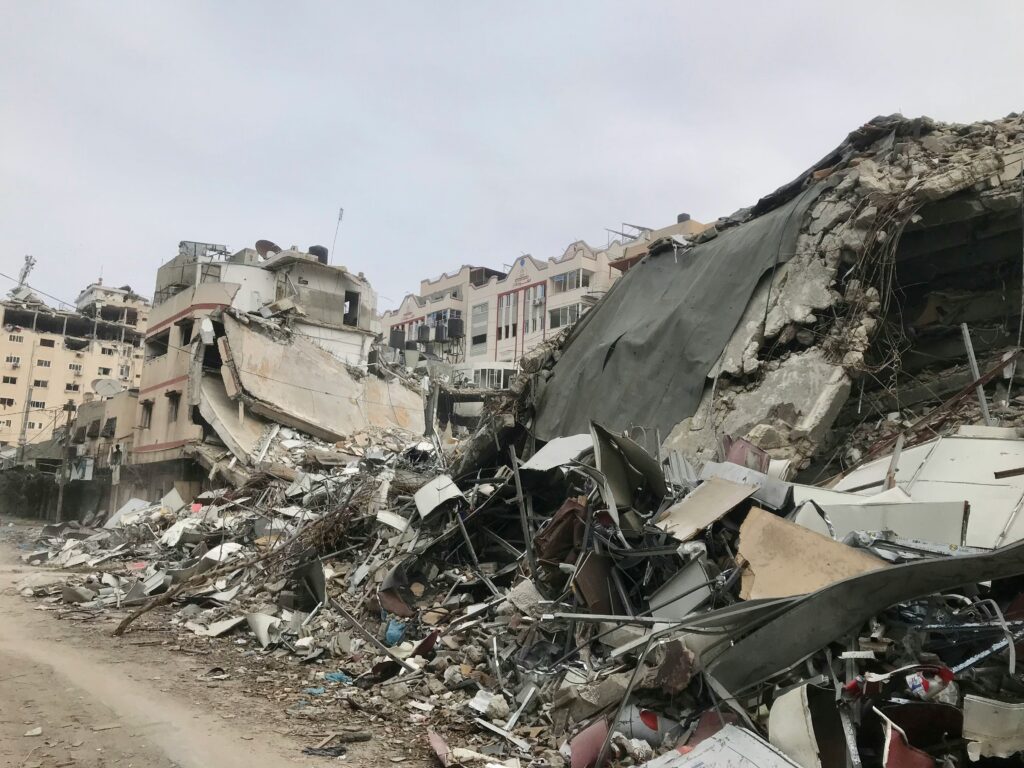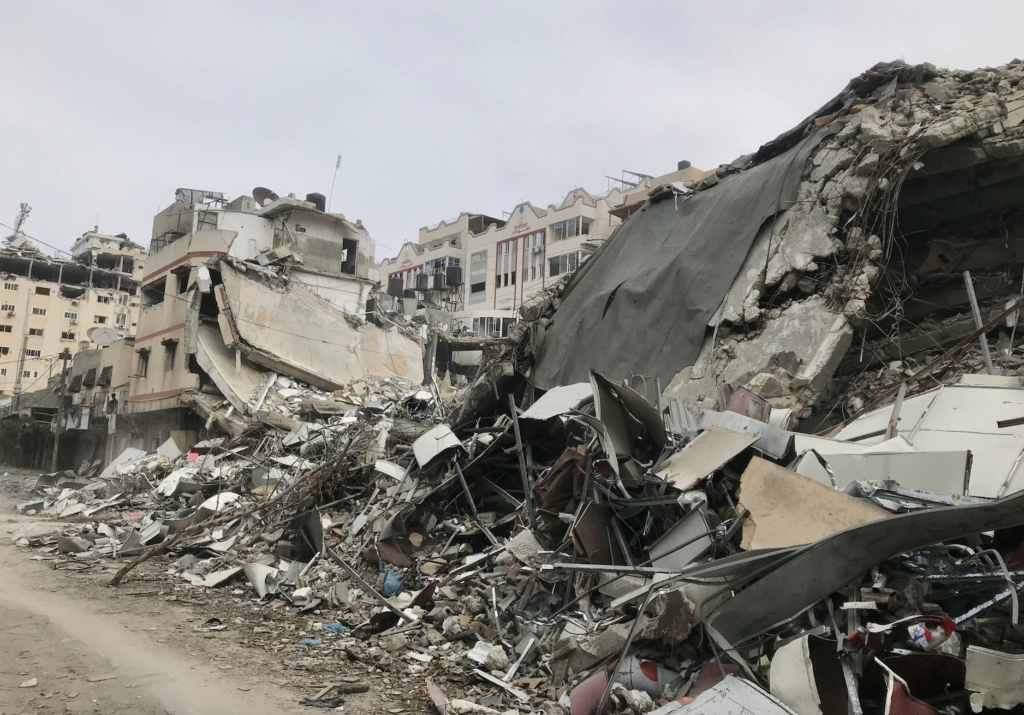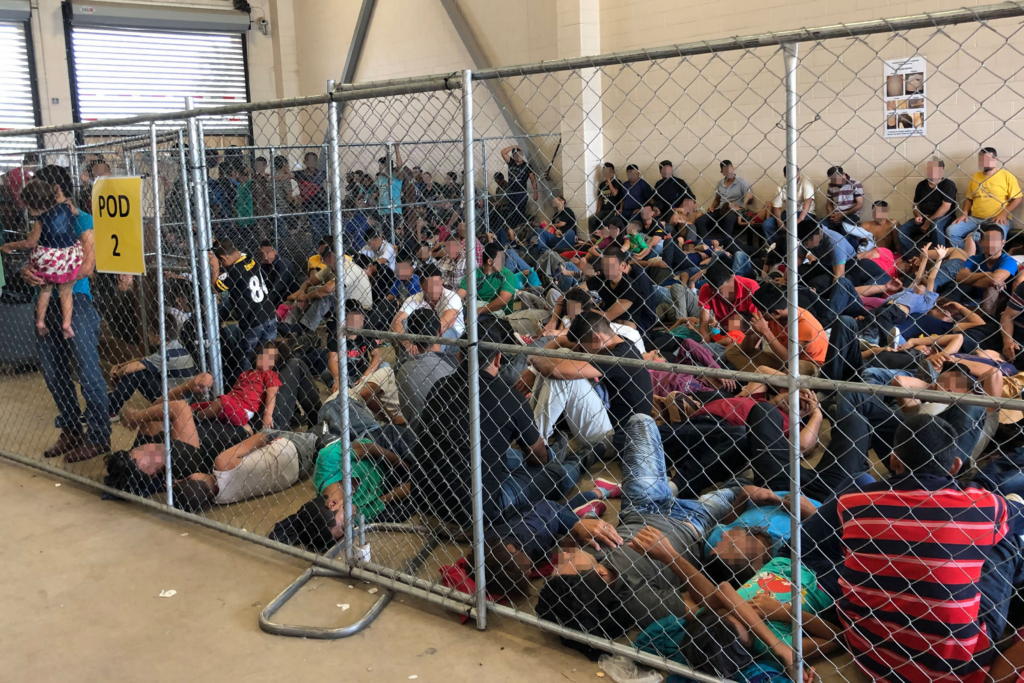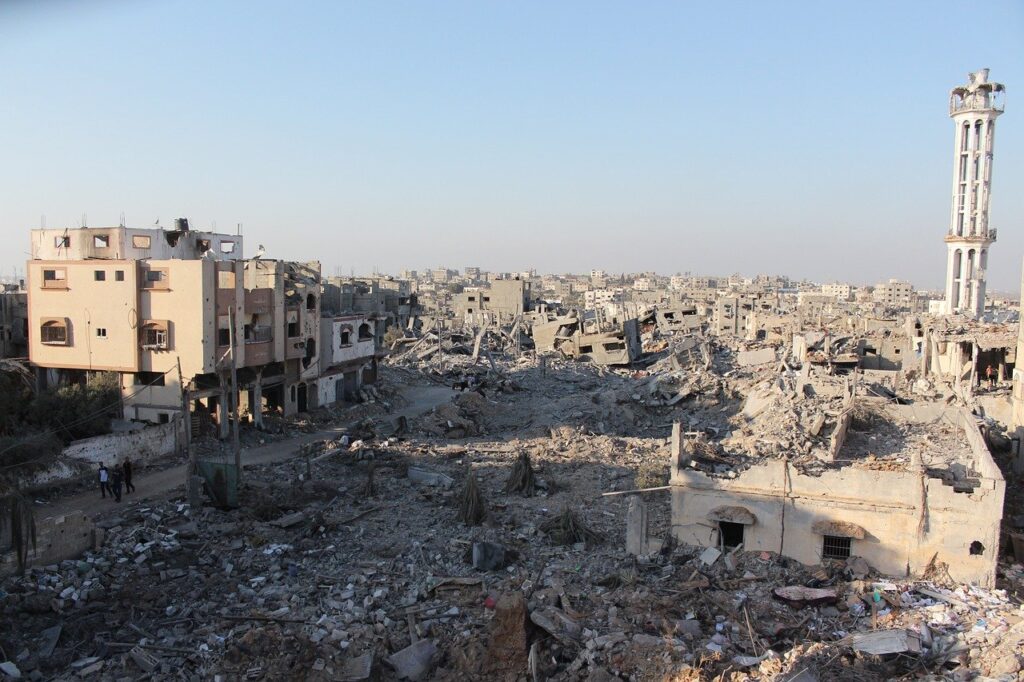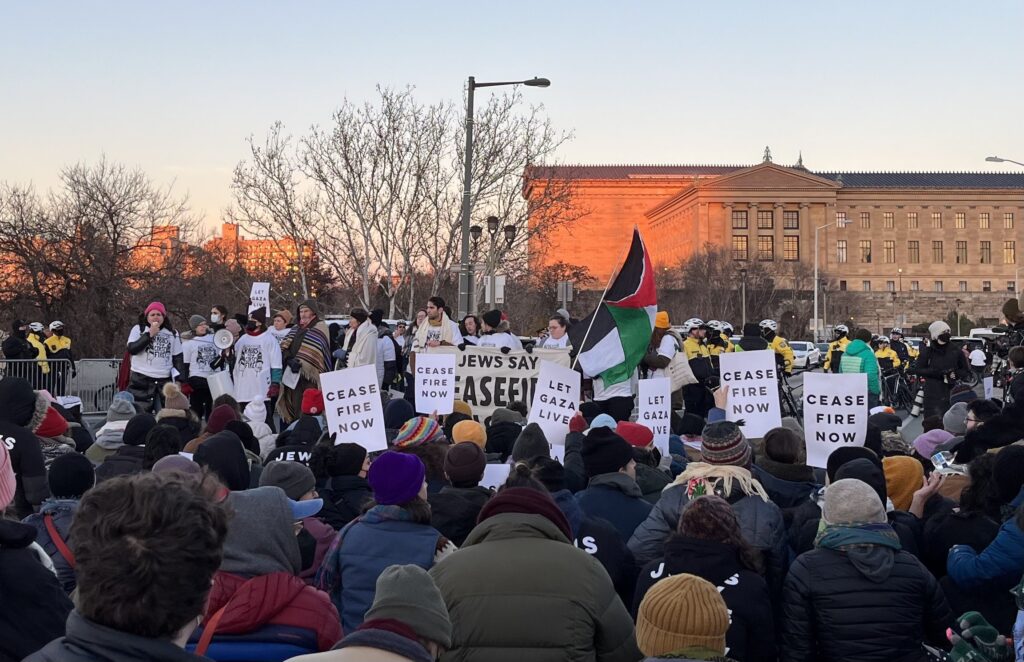
Note: Last week I had the opportunity to participate in a panel discussion and offer my personal perspective on the weaponization of antisemitism. This session took place as part of the annual conference of the Society for Psychoanalysis and Psychoanalytic Psychology (Division 39 of the American Psychological Association). Below is the full text of my prepared remarks. As I noted at that time, the views expressed are entirely my own. They do not reflect the positions of the other panelists or any other group.
********
Thank you for this opportunity. I want to use my 15 minutes to describe how the weaponization of antisemitism has impacted the American Psychological Association (APA) — and our profession more broadly — since the Hamas-led attacks inside Israel on October 7th, 2023. To be clear, these are my views alone, and I am not representing any group.
I’ll begin with four important points for context. First, those attacks and the hostage-taking on October 7th were war crimes. They were undeniably horrific and traumatizing, deeply affecting Jews and non-Jews around the world.
Second, real antisemitism is “discrimination, prejudice, hostility or violence against Jews as Jews.” It is dangerous, it is growing, and it must be condemned and combatted. But it’s important to emphasize that scholarly research — such as that by Eitan Hersh and Laura Royden — shows that while antisemitic attitudes in the United States exist across the political spectrum, they are “far more prevalent on the right” than on the political left. I’ll add that there’s no more obvious evidence of this than the white supremacists in the current administration in Washington, DC.
Third, support for Palestinian rights, dignity, and freedom is not antisemitic. In my view, to claim otherwise is at best misguided and at worst deceitful. Israel’s prime minister Benjamin Netanyahu is a prototypical example of the latter. But he is far from alone.
And fourth, I believe denial, blindness, minimization, or disregard for the horrors that have unfolded in Gaza over the past 17 months is, quite simply, outrageous and indefensible. I’ll add here a finding from a Pew Research Center poll last spring: only 4% of Israeli Jews said that Israel’s military response against Hamas in Gaza had gone too far. Only 4%.
So, what do I mean by the “weaponization of antisemitism”? I understand it this way: as a psychologically powerful, gaslighting propaganda machine with two complementary narrative engines. One engine takes the State of Israel and dramatically expands it, so it becomes “All Jews Worldwide.” This profound distortion is intentional. It is used to claim that condemnation of Israel’s genocidal assault is an attack on all Jews — and is therefore an unacceptable expression of “antisemitism.”
But this propaganda machine has another task as well: it must simultaneously stifle concerns over Palestinian suffering. So, the second engine works in the opposite direction. It takes all Palestinians and dramatically shrinks them into Hamas alone. In this way, all Palestinians are dehumanized and presented as caricatured monsters. Through this distortion, they all become supposedly legitimate targets for annihilation. And this enables some people — far too many people, apparently including some psychologists — to seemingly ignore the unconscionable misery in Gaza. That’s the weaponization of antisemitism.
This weaponization is dangerous on multiple counts. Not only because it’s quite literally deadly for the victims of Israel’s aggression. And not only because it’s being used as a Trojan Horse to dismantle our institutions of higher learning and other organizations essential to a functioning civil society. And not only because it serves as an excuse for a cruel, inhumane, and racist deportation agenda. It’s also dangerous for Jews themselves, because it divides the Jewish community and it distracts us from the clear-and-present peril posed by the antisemitism of white Christian nationalists and other right-wing extremists.
Continue reading “The American Psychological Association and the Weaponization of Antisemitism”